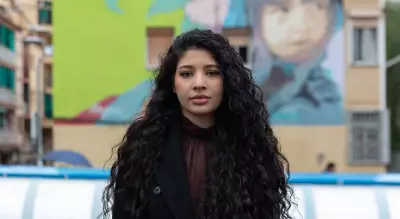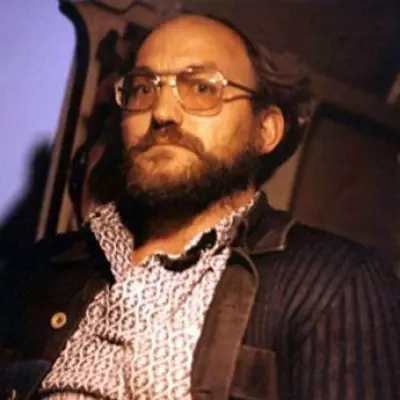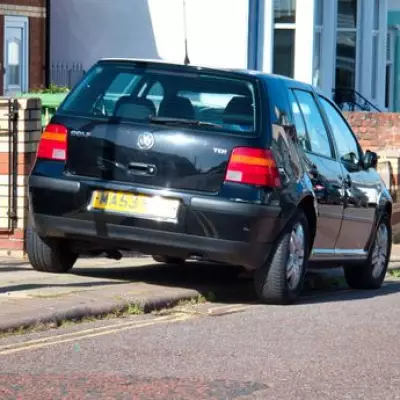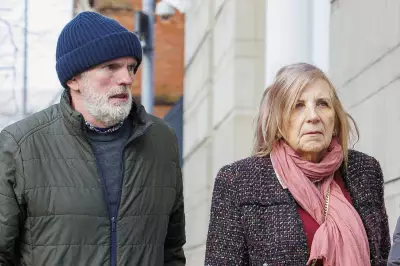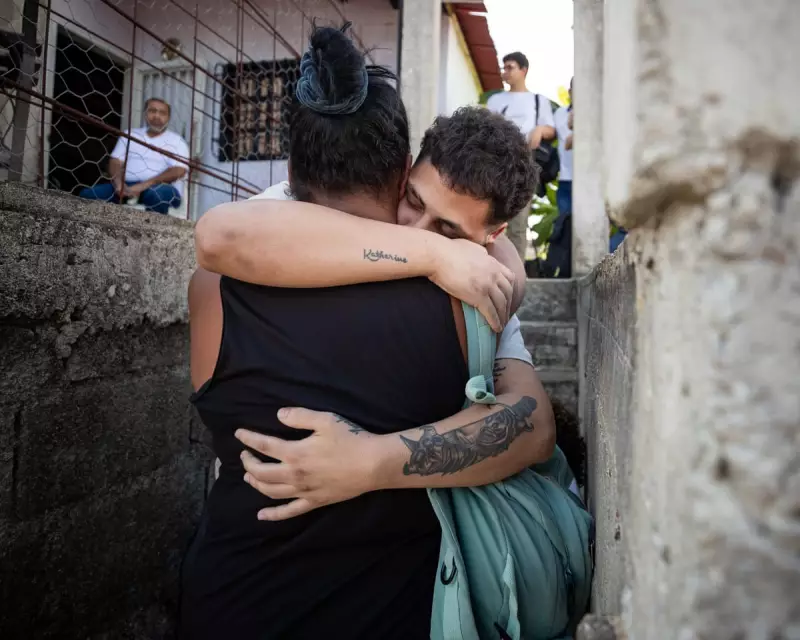
Venezuela and El Salvador, two nations grappling with severe prison crises, present starkly different yet equally alarming scenarios. While Venezuela's penitentiaries are plagued by overcrowding and violence, El Salvador's crackdown on gangs has led to mass incarcerations under controversial conditions.
Venezuela: Overcrowding and Desperation
Venezuela's prisons have long been a flashpoint for human rights abuses. With facilities operating at over 300% capacity, inmates face dire living conditions, rampant disease, and frequent violent clashes. Reports from NGOs highlight systemic neglect, with prisoners often denied basic medical care and adequate nutrition.
"The situation is beyond critical," says a Caracas-based activist. "Families are forced to provide food and medicine because the state fails to do so."
El Salvador: The Iron Fist Approach
In contrast, El Salvador's President Nayib Bukele has taken an aggressive stance against gang violence, resulting in the imprisonment of over 70,000 suspected gang members. While the policy has reduced street crime, critics argue it has created a new crisis within the prison system.
Human rights groups have documented widespread abuses, including torture and inhumane treatment. The government's construction of a "mega-prison" has further intensified scrutiny, with cells designed to hold 100 inmates each under constant surveillance.
International Reactions
The international community remains divided. Some praise Bukele's results, while others condemn the methods. Venezuela, meanwhile, faces near-universal criticism for its failure to address prison conditions despite repeated calls for reform.
As both nations navigate their unique challenges, the world watches closely—questioning whether security can ever justify the erosion of human dignity.


